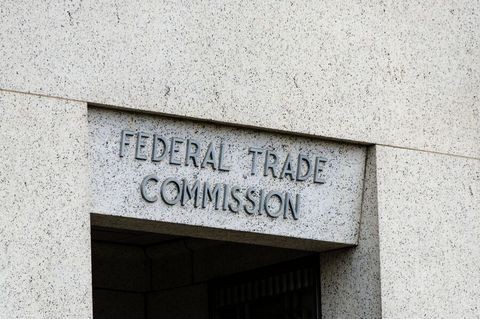Rachel S. Lesser
Overview
Rachel’s practice focuses on labor and employment and antitrust matters, including investigations and complex litigation. Her experience counseling clients on non-compete laws and other employment concerns adds value to her antitrust practice.
Career & Education
- Georgetown University, B.A., 2015
- Georgetown University Law Center, J.D., cum laude, 2020
- District of Columbia
Rachel's Insights
Client Alert | 3 min read | 02.27.25
No-Poach Not Going Anywhere: FTC Chair Announces New Labor Task Force
Federal Trade Commission Chair Andrew Ferguson announced on February 24, 2025, that the FTC will create the agency’s “first-ever” labor task force, signaling the agency’s continued focus on competition in labor markets, answering an open question from companies as to the fate of the agency’s no-poach and non-compete enforcement priorities. On February 26 Chair Ferguson followed up on his announcement with a Directive Regarding Labor Markets Task Force, providing additional details on the task force and the agency’s priorities.
Client Alert | 6 min read | 01.21.25
DOJ and FTC Issue New Antitrust Guidelines Regarding Business Practices That Impact Workers
Speaking Engagement | 11.14.24
Insights
"Third Thursday – Employees, Marijuana, and Other Drugs – How Can Employers Respond?" Crowell & Moring Webinar Series, 2023.
|06.22.23
Non-Compete Agreements a Non-Starter? New Jersey Proposes Sweeping Non-Compete Legislation
|05.24.22
Crowell & Moring’s Trade Secrets Trends
- |
05.03.21
Crowell & Moring’s Trade Secrets Trends
Practices
Industries
Rachel's Insights
Client Alert | 3 min read | 02.27.25
No-Poach Not Going Anywhere: FTC Chair Announces New Labor Task Force
Federal Trade Commission Chair Andrew Ferguson announced on February 24, 2025, that the FTC will create the agency’s “first-ever” labor task force, signaling the agency’s continued focus on competition in labor markets, answering an open question from companies as to the fate of the agency’s no-poach and non-compete enforcement priorities. On February 26 Chair Ferguson followed up on his announcement with a Directive Regarding Labor Markets Task Force, providing additional details on the task force and the agency’s priorities.
Client Alert | 6 min read | 01.21.25
DOJ and FTC Issue New Antitrust Guidelines Regarding Business Practices That Impact Workers
Speaking Engagement | 11.14.24






